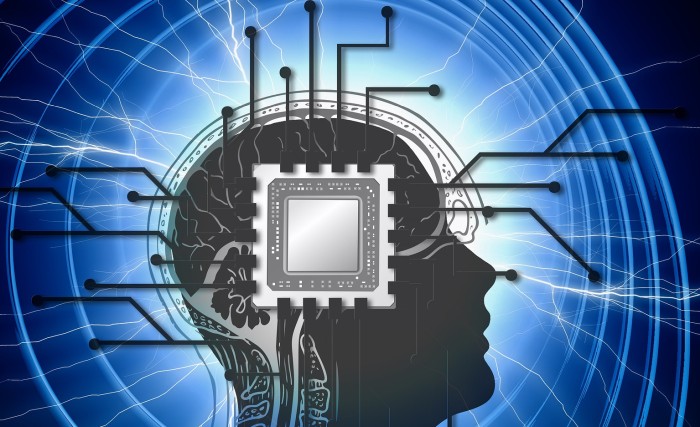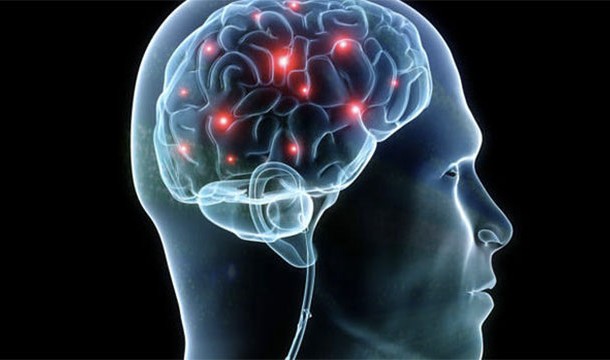A computer as powerful as the human brain would be able to perform about 38 thousand trillion operations per second and hold about 3 584 terabytes of memory

A Computer as Powerful as the Human Brain: Unleashing its True Potential

Ever wondered what it would be like if computers could replicate the immense power and capabilities of the human brain? While humans marvel at their own mental prowess, the idea of creating a computer with similar capabilities has always intrigued scientists and researchers. The advancements in technology have brought us closer to this possibility every passing day.
According to scientific estimates, a computer with the power equivalent to the human brain would be able to perform about 38 thousand trillion operations per second. To put this into perspective, it would mean accomplishing tasks at a speed that is currently unfathomable for the average computer user. From complex calculations to artificial intelligence applications, the capabilities of such a computer would truly be groundbreaking.

Additionally, this powerful computer would possess an astounding memory capacity of about 3,584 terabytes. To give you an idea, this vast amount of memory could hold approximately 800 million songs or nearly 3 million hours of high-quality video content. Such extensive memory would allow for seamless multitasking and storage of immense data sets for advanced research and analysis.
To achieve this level of computing power and memory, scientists and engineers are continuously striving to improve the performance of processors and develop more efficient storage solutions. Advancements in processor technology, such as multi-core architectures and parallel processing capabilities, have significantly enhanced computing speeds. These innovations have paved the way for groundbreaking applications like machine learning, data analytics, and virtual reality.
Furthermore, advancements in memory technology have made it possible to store larger amounts of data in compact devices. From traditional hard drives to solid-state drives (SSDs) and new-age technologies like 3D XPoint, the quest for faster, more durable, and reliable memory solutions continues. As a result, the capacity to store vast amounts of data becomes increasingly feasible, bringing us closer to realizing the power of a computer on par with the human brain.
In conclusion, the pursuit of developing a computer as powerful as the human brain has captivated the minds of scientists and technology enthusiasts alike. With the ability to perform an astounding number of operations per second and store massive amounts of data, the potential applications of such a computer are virtually limitless. As we push the boundaries of technological innovation, we come closer to unlocking the true potential of a computer that rivals the human brain.
Sources:
Tags
Share
Related Posts
Quick Links
Legal Stuff

